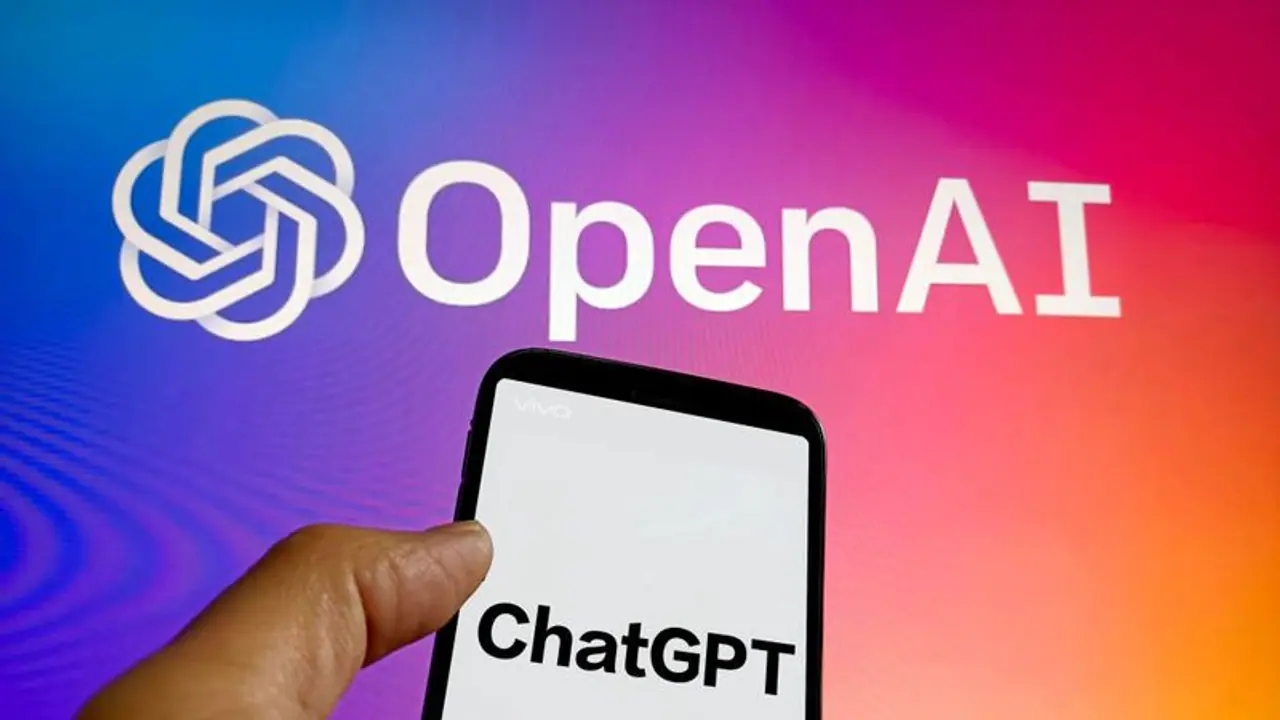A US-based lawyer used ChatGPT for assistance with writing a legal brief. ChatGPT, as expected, helped the lawyer write the brief but the citations given by the AI chatbot in a case were bogus.
Many individuals are concerned that tools like ChatGPT could eventually force them out of work as the excitement around AI has reached a fever pitch in recent months. That dread may come true sooner than anticipated for one New York attorney, but not for the reasons you may suspect.

The New York Times reported that lawyer Steven Schwartz of the legal team Levidow, Levidow and Oberman recently asked OpenAI's chatbot for help in writing a legal brief. ChatGPT assisted the attorney in writing the brief, but the artificial intelligence chatbot's references to cases were false.
The opposing attorney drew attention to the hypothetical situations that ChatGPT had referenced in its legal brief. Six of the submitted cases "appear to be bogus judicial decisions with bogus quotes and bogus internal citations," a US district judge acknowledged.
Schwartz said in an affidavit submitted that he had used the chatbot to "supplement" his case-related research. In his statement, Schwartz claimed that he was "unaware of the possibility that [ChatGPT's] content could be false." He even provided screenshots demonstrating his inquiry into ChatGPT's veracity of the examples it listed. The response from the programme was that they were, adding that "reputable legal databases," such Westlaw and LexisNexis, included the rulings.
Schwartz stated that he "greatly regrets" utilising ChatGPT "and will never do so in the future without absolute verification of its authenticity." It's uncertain whether he will get another chance to prepare a legal brief.
The case's presiding judge has scheduled a hearing on June 8th to talk about possible penalties for the "unprecedented circumstance" Schwartz's actions have brought about.
